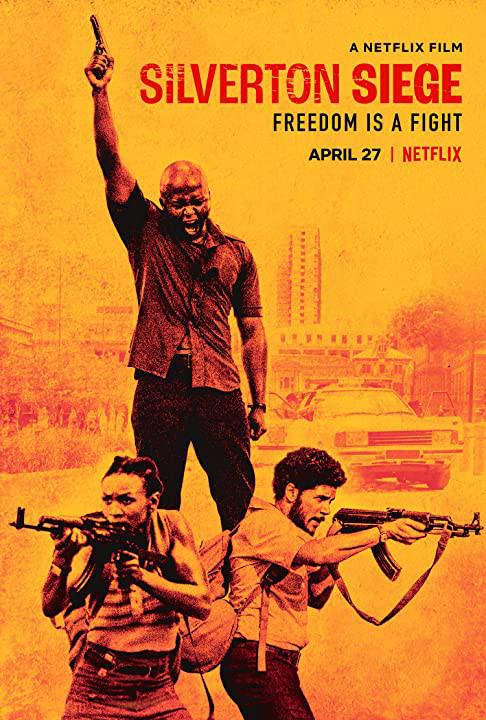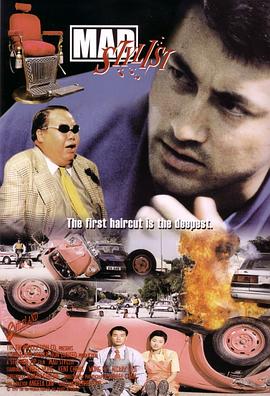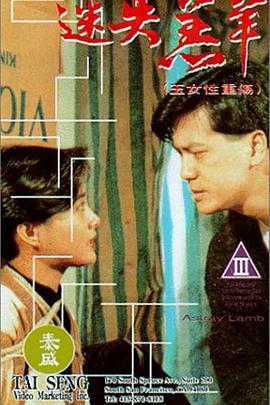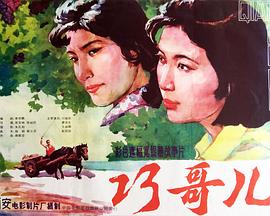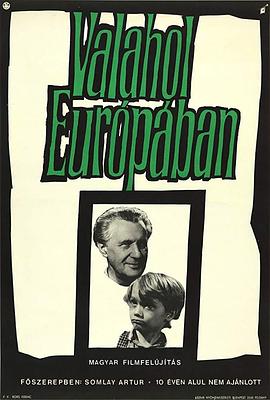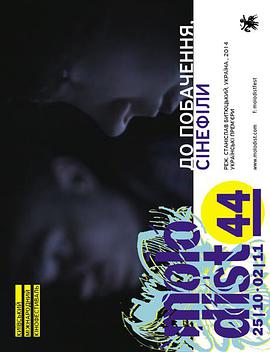-
备注:已完结
类型:欧美剧
主演:黛博拉·艾里德 布兰登·柯伊尔 萨拉·奈尔斯 赫米奥娜·诺里斯 Emm
导演:Sebastian Thiel Abby Ajayi 达西亚·马丁
语言:
年代:未知
简介:本剧和HBO《继承之战》有相似的基调。故事横跨纽约和伦敦两地,聚焦一个英国黑人家庭,以及这个家庭的野心,和他们面对不幸时的反应。白手起家的StephenRichards建立了一个美妆帝国,他总能如愿以偿、点石成金,就连抛弃第一任妻子和Nina、Simon两个孩子,对他来说也成了一件好事。Stephen与更年轻的第二任妻子Claudia安顿了下来,有了另外三个孩子:Alesha、Gus和Wanda,成年后的Nina和Simon则在纽约成功打拼出了自己的一番事业。但当Stephen经历了一场中风后,他的两个世界开始碰撞崩塌,秘密与谎言浮出水面,商业帝国的未来危在旦夕。
-
-
备注:已完结
类型:剧情片
主演:陈颖芝 何民居 曾玉茹 洪锋 金彪 猛丁哥 韩国材 谷峰 长玉韵 陈
语言:粤语
年代:未知
简介: 俊生是周爷的干儿子,很受周爷的喜爱和信任,周爷甚至将自己的产业全部交给了俊生打理。小琪是周爷的女儿,单纯善良的她爱上了俊生,然而小琪并不知道的是,俊生实际上是一个败絮其中的坏蛋,他不仅利用公司为幌子做了许多不法勾当,更有一位名叫丽娜的情夫伴随在左右。 一次偶然中,周爷得知了俊生的所作所为,愤怒和失望之下,周爷喝令俊生将公司交换,为了保住自己的地位,俊生将周爷杀害,更企图得到小琪,以此控制住周家的产业。纸终究包不住火,小琪知道了俊生所做的一切,更知道了丽娜的存在,愤怒的她想要为父亲报仇,却遭到了俊生的软禁。
-
备注:已完结
类型:剧情片
主演:Artúr Somlay Miklós Gábor Zsuzsa Bá
语言:其它
年代:未知
简介:Somewhere in the remote region, the war ends. In the midst of ruined cities and houses in the streets, in rural hamlets, everywhere where people still live, are children who have lost their homes and parents. Abandoned, hungry, and in rags, defenseless and humiliated, they wander through the world. Hunger drives them. Little streams of orphans merge into a river which rushes forward and submerges everything in its path. The children do not know any feeling; they know only the world of their enemies. They fight, steal, struggle for a mouthful of food, and violence is merely a means to get it. A gang led by Cahoun finds a refuge in an abandoned castle and encounters an old composer who has voluntarily retired into solitude from a world of hatred, treason, and crime. How can they find a common ground, how can they become mutual friends The castle becomes their hiding place but possibly it will also be their first home which they may organize and must defend. But even for this, the price will be very high. To this simple story, the journalist, writer, poet, scriptwriter, movie director, and film theoretician Béla Balázs applied many years of experience. He and the director Géza Radványi created a work which opened a new postwar chapter in Hungarian film. Surprisingly, this film has not lost any of its impact over the years, especially on a profound philosophical level. That is to say, it is not merely a movie about war; it is not important in what location and in what period of time it takes place. It is a story outside of time about the joyless fate of children who pay dearly for the cruel war games of adults. At the time it was premiered, the movie was enthusiastically received by the critics. The main roles were taken by streetwise boys of a children's group who created their roles improvisationally in close contact with a few professional actors, and in the children's acting their own fresh experience of war's turmoil appears to be reflected. At the same time, their performance fits admirably into the mosaic of a very complex movie language. Balázs's influence revealed itself, above all, in the introductory sequences an air raid on an amusement park, seen in a montage of dramatic situations evoking the last spasms of war, where, undoubtedly, we discern the influence of classical Soviet cinematography. Shooting, the boy's escape, the locomotive's wheels, the shadows of soldiers with submachine guns, the sound of a whistle—the images are linked together in abrupt sequences in which varying shots and expressive sharp sounds are emphasized. A perfectly planned screenplay avoided all elements of sentimentality, time-worn stereotypes of wronged children, romanticism and cheap simplification. The authors succeeded in bridging the perilous dramatic abyss of the metamorphosis of a children's community. Their telling of the story (the scene of pillaging, the assault on the castle, etc) independently introduced some neorealist elements which, at that time, were being propagated in Italy by De Sica, Rossellini, and other film artists. The rebukes of contemporary critics, who called attention to formalism for its own sake have been forgotten. The masterly art of cameraman Barnabás Hegyi gives vitality to the poetic images. His angle shots of the children, his composition of scenes in the castle interior, are a living document of the times, and underline the atmosphere and the characters of the protagonists. The success of the picture was also enhanced by the musical art of composer Dénes Buday who, in tense situations, inserted the theme of the Marseilaise into the movie's structure, as a motive of community unification, as an expression of friendship and the possibility of understanding. Valahol Europaban is the first significant postwar Hungarian film. It originated in a relaxed atmosphere, replete with joy and euphoria, and it includes these elements in order to demonstrate the strength of humanism, tolerance, and friendship. It represents a general condemnation of war anywhere in the world, in any form.
-
备注:已完结
类型:纪录片
主演:未知
语言:其它
年代:未知
简介: This is a story about people in love with cinema, and a country going through its most difficult times. A group of friends, who met sometime ago in a movie theatre, get together to see one of them off to Belgrade. So their journey begins: from personal memories to the remembrance of their country, out of a small dark room to the mystery of Kiev's night. Their last stop - the farewell party where reality and cinema once again become a single whole.
